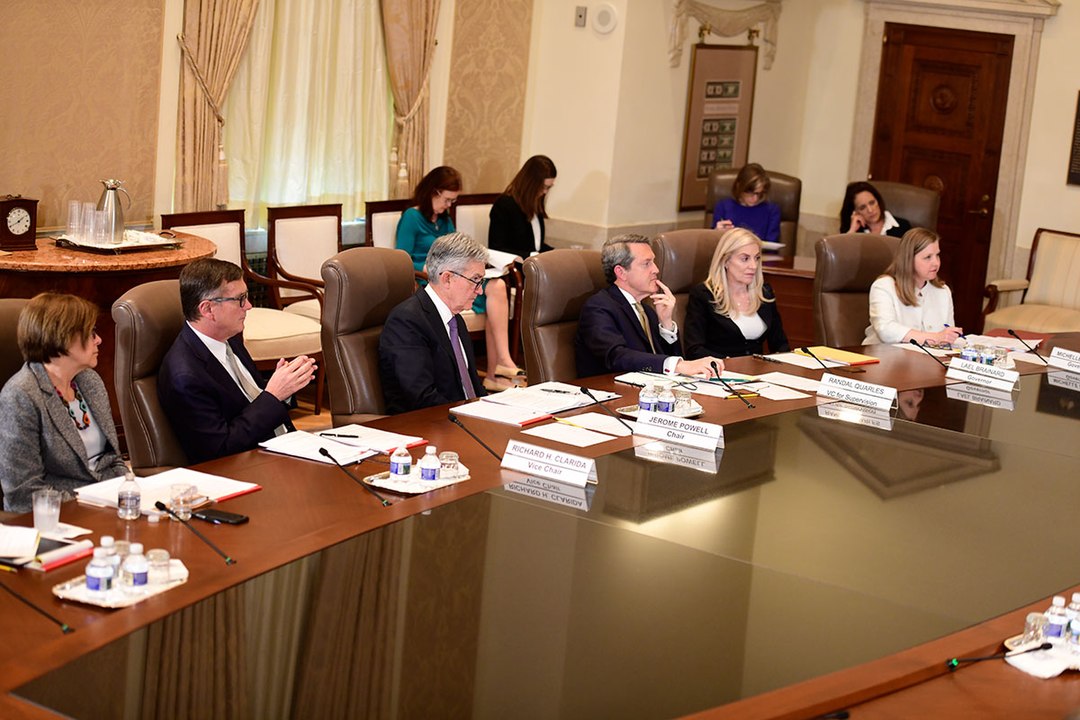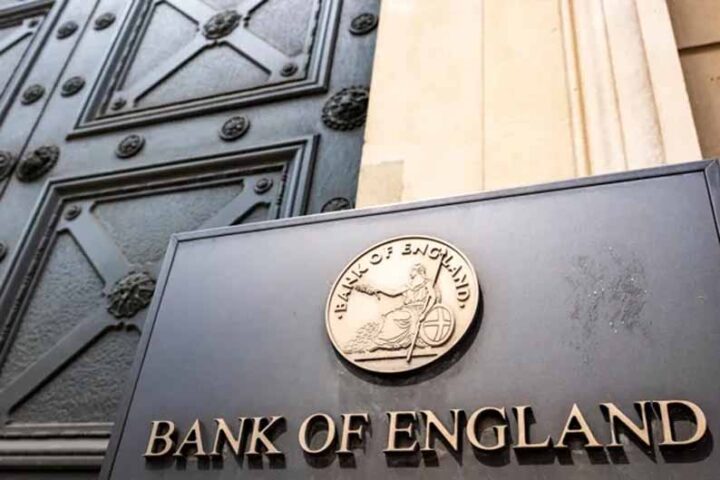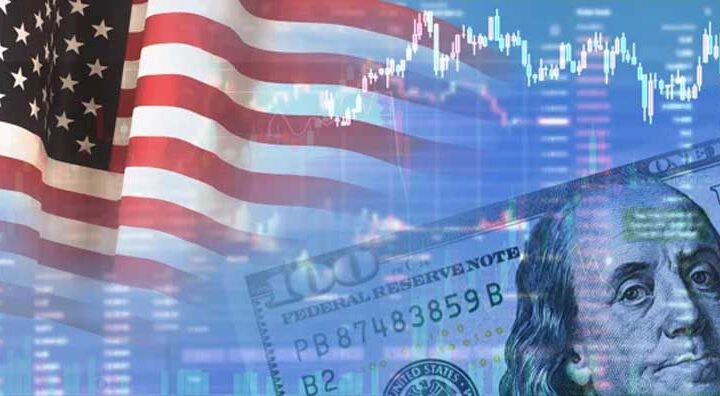The US Federal Reserve’s ‘big decision’ on interest rates was not really a decision at all, said the CEO of a leading independent financial advisory, after the US central bank announced a quarter point hike on Wednesday.
Fed Chair Jerome Powell confirmed a widely expected 25-basis point hike at the conclusion of a two-day FOMC monetary policy meeting.
“Expectations on what would be the outcome of the meeting have been shifting throughout the month,” said Nigel Green of deVere Group.
“After Powell told a Senate committee earlier in March that inflation was still too high, expectations went from 25 basis points to 50 basis points.
“But then, days later, with the collapse of Silicon Valley Bank and Signature Banks, sparking fears about a banking crisis and a potentially global negative impact, some commentators expected no rate increase in March based on the news,” Green said.
The Fed’s dilemma of taming stubbornly high inflation without setting light to the banking system and causing financial instability had been dubbed as ‘The Big Decision.’
“However, there was not really a Big Decision here. If they did more than 25bps, it could trigger more instability and to do nothing could be seen as negligent.”
Mistakes of the past
Green added that the Fed must proceed with caution, stating that mistakes of the past are coming back to haunt the US central bank.
“The Fed didn’t act quickly enough to tame inflation from the beginning. They resisted raising interest rates from near-zero levels for most of 2021, even as prices began shooting up due to pandemic-related supply chain snarls, Covid outbreaks and a persistent labour shortage, amongst other issues,” he noted.
“This all leads to sky-high inflation – and especially wage inflation.”
It would seem that the Fed hasn’t learned the lessons from the 1980s the deVere boss explained.
“During much of the 1970s, the US central bank refused to roll out rate hikes, probably due to political pressure from leaders unwilling to allow higher unemployment on their watch.
“Of course, this made workers keep asking for ever higher salaries, which forced businesses to keep increasing prices to compensate, and which led to the infamous 1980s wage-price spiral and the recession.”
On Monday, Green had said that investors were now ready to build their investment portfolios with new money amid a growing consensus that looser monetary policies from the Fed and other major central banks are coming which will boost financial markets.
It came after the Federal Reserve, the Bank of England, Bank of Japan, Bank of Canada, the European Central Bank and Swiss National Bank all vowed to keep credit flowing in the serious issues affecting the banking sector, showing that they are willing to do whatever it takes to avert a crash.
“Investors are taking this as a sign that central banks will now ease off interest rate hikes. Looser monetary policies will trigger a surge in financial markets,” Green had said.
“Not wanting to miss out on the next rally, clients are now telling our consultants around the world that they want to build-up their investment portfolios with new money,” he said.







